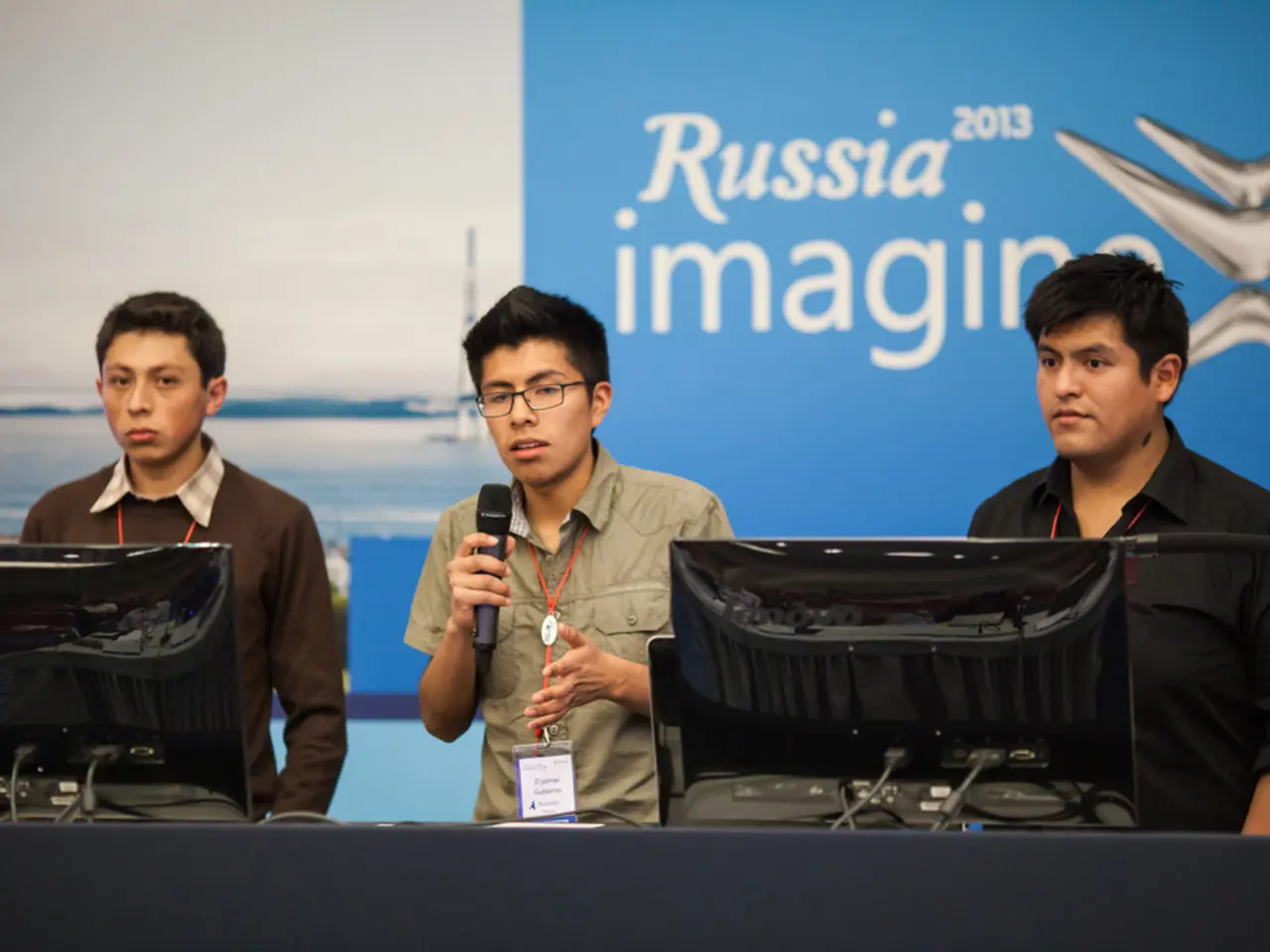Authoritarian Threshold Unveiled
In the heart of Tajikistan, a taxi driver ponders his future, weighed down by the prospect of renewed chaos and the demand for democracy. He believes that the dictatorship, under the rule of Emomalij Rahmon, has brought a semblance of order back to the nation. But this decision, to stay or seek escape, is not primarily a moral one, despite the widespread contempt for Putin and the whispers that Russia's intelligence services effectively rule Tajikistan.
The taxi driver's fears are rooted in more than just the pervasive atmosphere of dictatorship. He speaks of concerns about Russian racism and worse job prospects as potential challenges of seeking refuge in Russia. The dream of ending up on English strawberry plantations, a common aspiration among some Tajiks seeking to escape their current situation, is a beacon of hope.
The host, who experienced the horrors of the 1990s as a child, including hunger, civil war, and system collapse, shares a similar sentiment. He believes that the dictatorship operates not only through open threats but also through invisible red lines. This is evident in the taxi driver's cautious and superficial conversations, a result of living under such a regime.
The host's brother, interestingly, works for the Russian intelligence services. Yet, the host, an activist criticising the brutal dictatorship, still prays for Rahmon's health. This paradoxical situation highlights the complexities of life in Tajikistan, where few can afford morality when making decisions about their future due to economic constraints.
The KGB, still commonly referred to, indicates the persistence of Soviet-era institutions in Tajikistan. Many taxi drivers believe that informants for the KGB are present in every village. The host's private home, where a breakfast is held, displays gold-trimmed decor, suggesting a modest level of privilege.
The contempt for the compliance in many post-Soviet states is palpable in Western Europe. However, the devastating and traumatic collapses of the '90s are neither known nor of interest there. This disconnect is evident in the taxi driver's lack of trust in even old friends, a result of the pervasive atmosphere of dictatorship.
Despite the concerns about Russian racism and the fear of being drafted into war, the taxi driver expresses a fear of staying in Tajikistan as well. He mentions the prospect of renewed chaos or an Afghanistan-like scenario weighing heavier than the demand for democracy. This fear underscores the precarious situation in Tajikistan, where the dream of a better life lies in the unknown.
Read also:
- United States tariffs pose a threat to India, necessitating the recruitment of adept negotiators or strategists, similar to those who had influenced Trump's decisions.
- Weekly happenings in the German Federal Parliament (Bundestag)
- Southwest region's most popular posts, accompanied by an inquiry:
- Discussion between Putin and Trump in Alaska could potentially overshadow Ukraine's concerns







